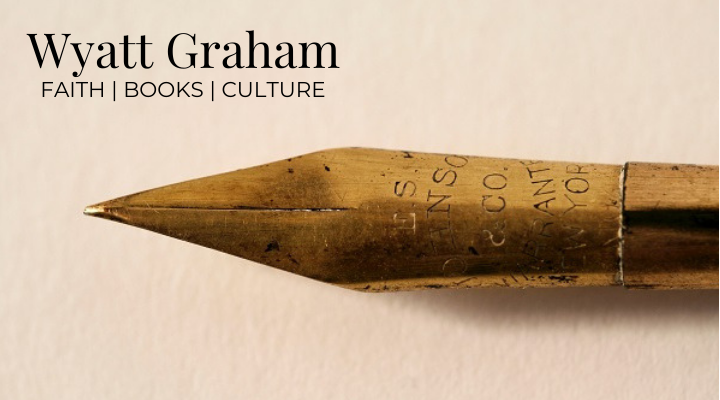Calvinists are some of the best in class at affirming free will. Granted, things went awry around 1800. But I mean before that. Everyone affirmed free will and free choice. Even Luther in his characteristically bombastic way denied free choice when it comes to matters of salvation, not free choice in civil, moral, mundane matters.
But I am thinking more of the mainline reformed tradition. For example, Peter Vermigli (1499–1562) wrote, ““God foreknows everything and our freedom of will is retained” (Common Places 2.33).” Heinrich Bullinger (1504–1575) in his 1562 Helvetic Confession wrote, “no one denies that in external things both the regenerate and the unregenerate enjoy free will” (Ch 9).
No one denies that. That’s right. Only the most cage-staged Calvinist in his college dorm room would be silly enough to proclaim, “There is no free will!”
Everyone agrees that natural necessities limit freedom: disease, death, and so on. And after the Fall, we cannot please God with our works since sin is everywhere. “And without faith it is impossible to please him” (Heb 11:6). So we are not free to do whatever we want—I cannot fly even if I choose to do so.
But we still have genuine freedom: I can choose red or blue or white or green. I can do one thing, but I might have done otherwise. I am not constrained by any external thing but my mind judges and my will chooses.
A Calvinist affirms all this. Yes, some like to nuance things in various ways. Calvin himself was not very clear on how to put the pieces together (click here to learn more). His contemporary Peter Vermigli was though. I wrote an article on him and free choice, which you can read by clicking here.
Later reformed theologians like William Perkins really found the language to speak about human freedom and divine freedom concurring. (To learn more about Perkins’s view, click here). And it is this idea of concurrence that makes Calvinists—or better Reformed Theologians—thinkers really skilled at affirming free will.
Here is how. [Read more…] about Calvinists are Uncommonly good at Affirming free will
